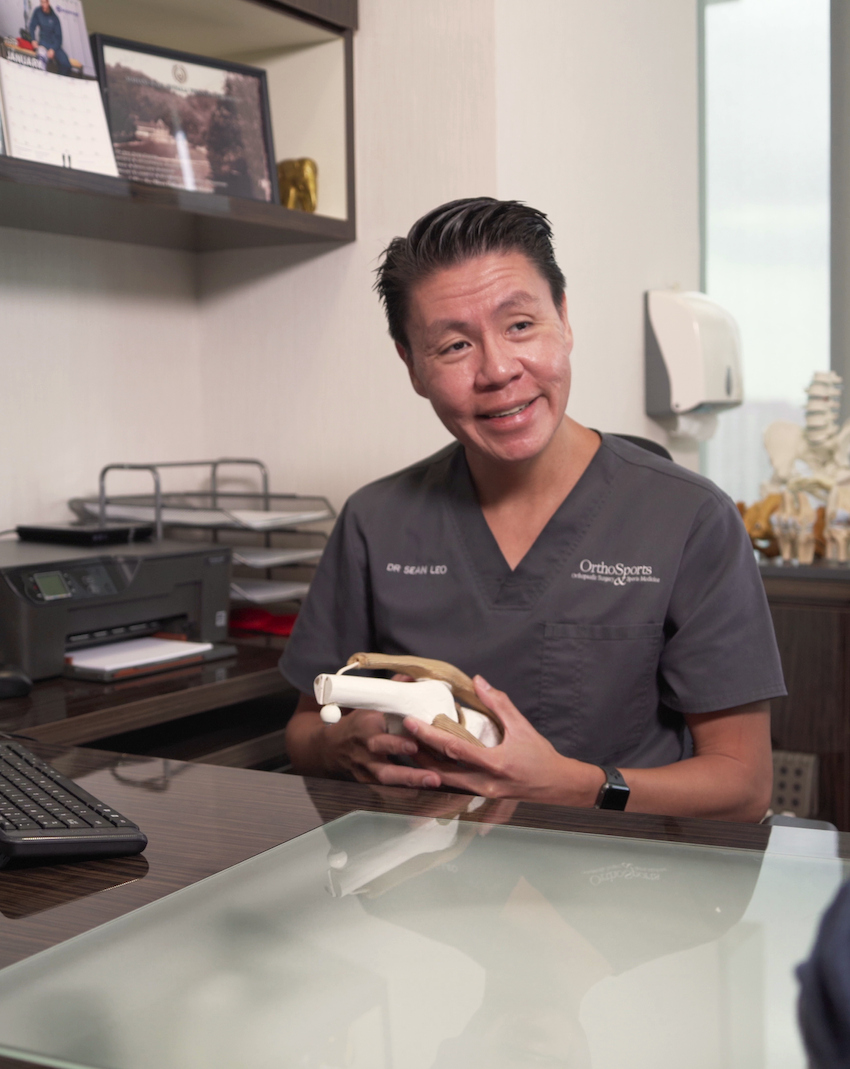ALL YOU NEED TO KNOW ABOUT
Shoulder Arthritis:
Comprehensive Guide to
Understanding, Treatment, and Recovery
Shoulder Arthritis: Comprehensive Guide to Understanding, Treatment, and Recovery
What is Shoulder Arthritis?
Shoulder arthritis is a degenerative condition characterised by the breakdown of cartilage in the shoulder joint, leading to pain, stiffness, and reduced mobility. It can affect either the glenohumeral joint (where the upper arm bone meets the shoulder blade) or the acromioclavicular (AC) joint. Over time, cartilage loss causes bones to rub together, resulting in inflammation, joint damage, and impaired shoulder function.
Although more common in older adults, shoulder arthritis can also develop after trauma or chronic overuse.
Causes of Shoulder Arthritis
Common causes include:
- Osteoarthritis: Age-related wear and tear of cartilage.
- Rheumatoid Arthritis: An autoimmune inflammation of the joint lining.
- Post-Traumatic Arthritis: Following a fracture, dislocation, or severe shoulder injury.
- Rotator Cuff Arthropathy: Occurs when a long-standing rotator cuff tear leads to cartilage degeneration.
- Avascular Necrosis: Loss of blood supply to the humeral head, resulting in joint damage.

Symptoms of Shoulder Arthritis
Common symptoms include:
- Deep, aching pain in the shoulder that worsens with activity.
- Stiffness, especially after periods of inactivity.
- Limited range of motion, particularly with overhead or rotational movements.
- Clicking, grinding, or popping sensations (crepitus).
- Muscle weakness around the shoulder.
Diagnosis of Shoulder Arthritis
Assessment involves:
- Medical History and Physical Examination: To assess pain, stiffness, and movement limitations.
- X-rays: Reveal joint space narrowing, bone spurs, and deformity.
- MRI or CT Scan: Used to evaluate soft tissue damage or for surgical planning.
Treatment Options for Shoulder Arthritis
Management depends on the severity of symptoms and degree of joint damage.
Non-Surgical Treatments
- Activity Modification: Avoiding movements that aggravate pain.
- Physiotherapy: To maintain joint flexibility and strengthen surrounding muscles.
- Anti-Inflammatory Medications: NSAIDs or topical analgesics to relieve pain.
- Joint Injections: Corticosteroid or hyaluronic acid injections to reduce inflammation and improve mobility.
- Heat and Ice Therapy: To manage discomfort and stiffness.
Surgical Treatments
Surgery may be necessary for severe arthritis that does not respond to conservative measures. Options include:
- Arthroscopy: To remove bone spurs or loose fragments (limited use in advanced arthritis).
- Shoulder Replacement (Arthroplasty):
- Total Shoulder Replacement: Replaces both the ball and the socket of the joint.
- Reverse Shoulder Replacement: Used in cases with rotator cuff arthropathy.
- Hemiarthroplasty: Replacement of only the humeral head.

Recovery and Rehabilitation
Recovery depends on the treatment approach. Non-surgical care requires consistent physiotherapy to manage symptoms and preserve mobility. Surgical recovery from shoulder replacement typically takes several months and involves a structured rehabilitation programme to regain strength and range of motion.
Long-term success is linked to adherence to post-operative exercises and lifestyle modifications.

When to See a Doctor
Frequently Asked Questions
How much does a consultation cost?
Our consultation fees are structured to reflect the time and expertise required to provide thorough and personalised care
for each individual case.
- Initial Consultation: Fees range from $150 to $200, depending on the duration and the complexity of the case.
- Follow-Up Consultations: Fees range from $80 to $120, depending on the duration and the complexity of the case.
Can I use Medisave for treatment with Dr Sean Leo?
Yes, Medisave can be used for eligible treatments with Dr Sean Leo, such as approved surgeries and procedures performed
by accredited specialists.
How to confirm eligibility:
- Consultation: Dr Sean Leo will inform you if your treatment is Medisave-claimable.
- Verification: Our staff will verify your procedure's eligibility.
- Claim Assistance: We’ll assist with the necessary documentation and submission process.
For more information, feel free to contact our clinic for assistance.
How can I claim insurance for my treatment?
For other insurance policies, we can help by liaising with your insurance agent to provide the necessary documents for your claim. Speak to our friendly staffs for the procedure and list of eligible insurance.
Are MRI scans, X-rays and Ultrasounds available to be done with Dr Sean Leo?
Yes, we offer MRI scans, X-rays, and ultrasound services at our clinic. We will assist in arranging these diagnostic tests for
you if needed. X-rays can typically be completed and ready on the same day, depending on availability at the radiology
department. We also have ultrasound machines in both clinics for diagnostics and therapeutic procedures.
For more details or to schedule an appointment, please contact our clinic for.
Are there non-surgical treatment options available?
Yes, non-surgical treatment options are available and can vary depending on the condition. These may include physical therapy, medication, injections, or other minimally invasive procedures. The most suitable treatment will depend on the severity of your condition and your individual needs. Dr Sean Leo will assess your condition and discuss your requirements to recommend a personalised treatment plan.
Book an Appointment
Leave us a few details and Dr Sean’s team will get back to you shortly.

